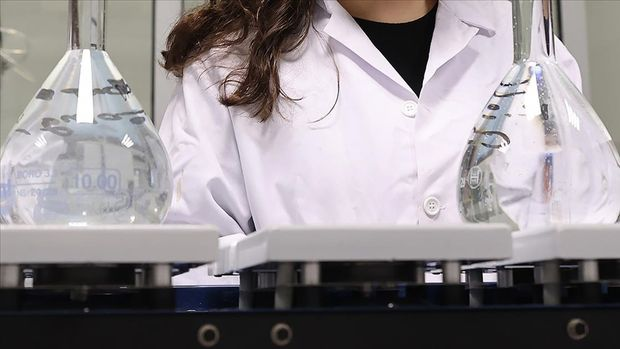Carbon capture technologies report card 'poor'
SEFiA has published a report showing that carbon capture technologies support fossil fuel use and delay the green transformation. The report titled "Are CCUS/CCS Projects Really Climate-Friendly?" prepared by the Sustainable Economics and Finance Research Association (SEFiA) compiled analyses in the literature on carbon capture technologies. Accordingly, it was evaluated that these technologies were used to produce more oil and gas rather than being climate-friendly. The report stated that the carbon dioxide captured with CCUS (carbon capture, utilization and storage technologies), which has a 73 percent share in all carbon capture technologies, is transported to depleted oil fields and re-evaluated to extract more oil. It was noted that with this use called enhanced oil production, the continuity of carbon use is ensured, and that 80-90 percent of the amount of carbon dioxide captured in the last 50 years (>240 million tons) is used in enhanced oil production activities. Carbon capture technologies report card: Limited volume, technical problems and high costs According to the report, current CCUS carbon capture capacity covers only 0.1 percent of total global emissions. When examined since 2000, it is seen that approximately 90 percent of carbon capture capacity in power plants has failed during the implementation phase “due to technical constraints” or has been suspended before implementation. On the other hand, studies indicate that no project has reached its promised carbon capture target to date. In addition, according to the report, the use of carbon capture technologies means lower energy efficiency in power plants and higher investment costs from the outset. SEFiA Director Bengisu Özenç, in her assessment of the report, said, “Historically, carbon capture technologies have been a limited volume and costly effort that has delayed the green transformation. While wind and solar projects have a cost 40 percent lower than coal and gas projects, we consider it misleading to present a technology that is both more costly and whose future and reliability are relatively uncertain as a solution to emissions.”


